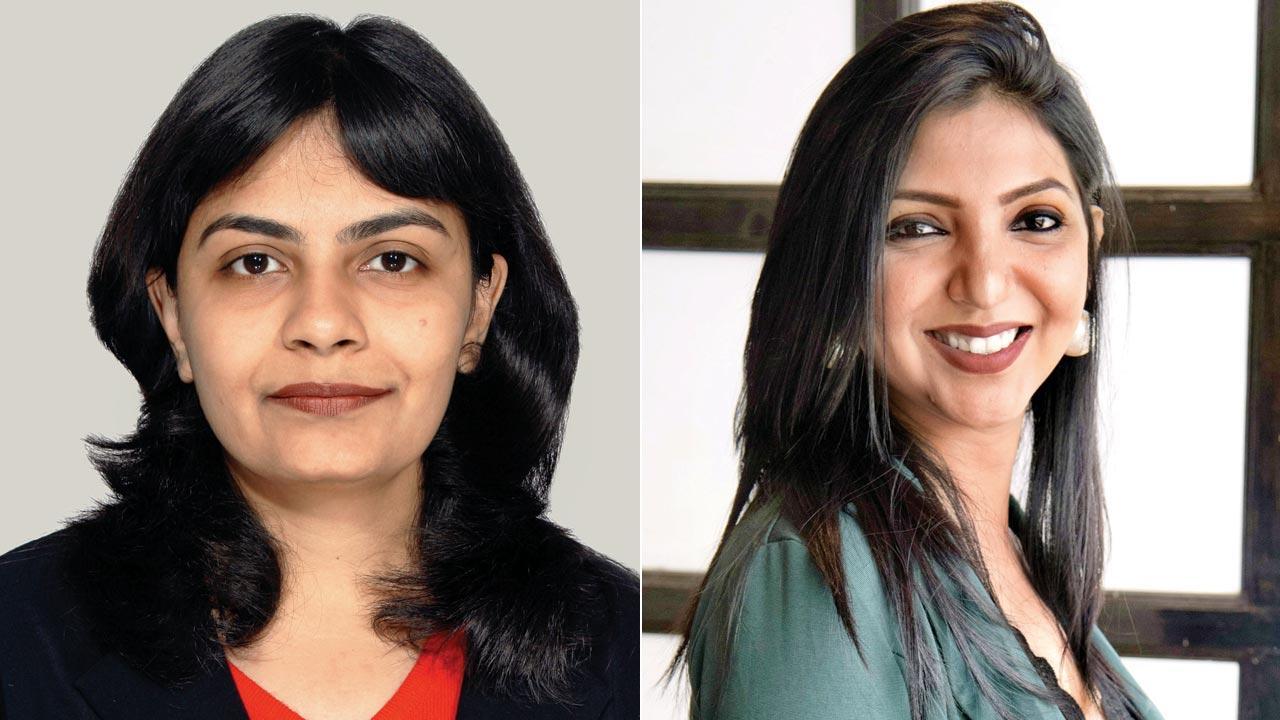
Practising advocates and solicitors have welcomed the recent recommendation made by the Parliamentary Standing Committee to delineate the Bar Council of India’s (BCI) authority. The aim is to impart legal education in the country to strengthen legal education given the emerging challenges before the legal profession.
The committee has recommended that the BCI’s powers to regulate legal education should be limited to the extent of acquiring basic eligibility for practising at the Bar.
“The BCI`s non-practice-related regulatory functions in higher education should shift to the proposed National Council for Legal Education and Research under the Higher Education Commission of India,” says Stuti Galiya, a solicitor at Khaitan and Company law firm.
The Advocates Act of 1961 currently governs legal practitioners, with bar councils responsible for overseeing professional ethics and etiquette, highlighted Galiya.
Legal luminaries
“In today’s changing times, legal education should equip students with professional, technical, and cultural skills to tackle global challenges. Establishing an independent authority, as proposed, with diverse legal luminaries, will drive effective improvements in education quality, fostering a new era in legal education. This will help attract young legal talent, and equip them with the right knowledge, experience, and opportunities to become tomorrow’s leaders,” she concluded.
Foster excellence and relevance
Mohini Priya, advocate on record, Supreme Court of India, said, “In the evolving landscape of legal education, it is imperative to recalibrate regulatory frameworks to foster excellence and relevance. The Parliamentary Standing Committee`s recommendation to delineate the BCI’s authority to basic eligibility while entrusting higher education regulation to an independent body is a progressive step.”
Skills beyond courtrooms
“Prioritising quality over quantity in legal education is crucial. Recognising diverse career paths for law graduates, we must equip them with skills beyond the courtroom. Redefining the BCI’s role and fostering collaboration with independent authorities can create a more dynamic and responsive legal education system, embracing emerging technologies for a future-ready legal profession,” added Adv Mohini Priya.
Law as a profession has grown
“The legal education system in India is confined to the conventional areas of the laws. It is observed in recent times that the focus is on studying the laws by heart but often bypassing the spirit and essence of the law. Therefore, a substantial number of students are very thorough with the sections of various laws, but cannot apply that theoretical knowledge to real life,” said Adv Floyd Gracias, counsel Supreme Court.
“Today the legal profession has transformed into more than litigation and chamber practice. Areas of specialisation include cyber, media, e-commerce, intellectual property laws, etc. There is thus, an urgent and essential need to create courses to address this,” said Adv Floyd.
What others say
Adv Rajewshwar Panchal, said “It is good that the government is contemplating to set up a commission to regulate the legal education in India, keeping in view that the legal profession is not limited to practicing law in courts. This will certainly produce good-quality legal brains. However, while doing so it needs to be ensured that legal education should remain easily accessible to every common citizen, unlike medical and engineering courses.
Adv Dhanpal Jain, said, “There should be continuous evaluation of new upcoming private law colleges, most of these setups do not even have basic infrastructure and qualified full-time faculties, thereby imparting sub-standard legal education. The committee report is a welcome move.”
#Legal #luminaries #support #call #independent #body #legal #education